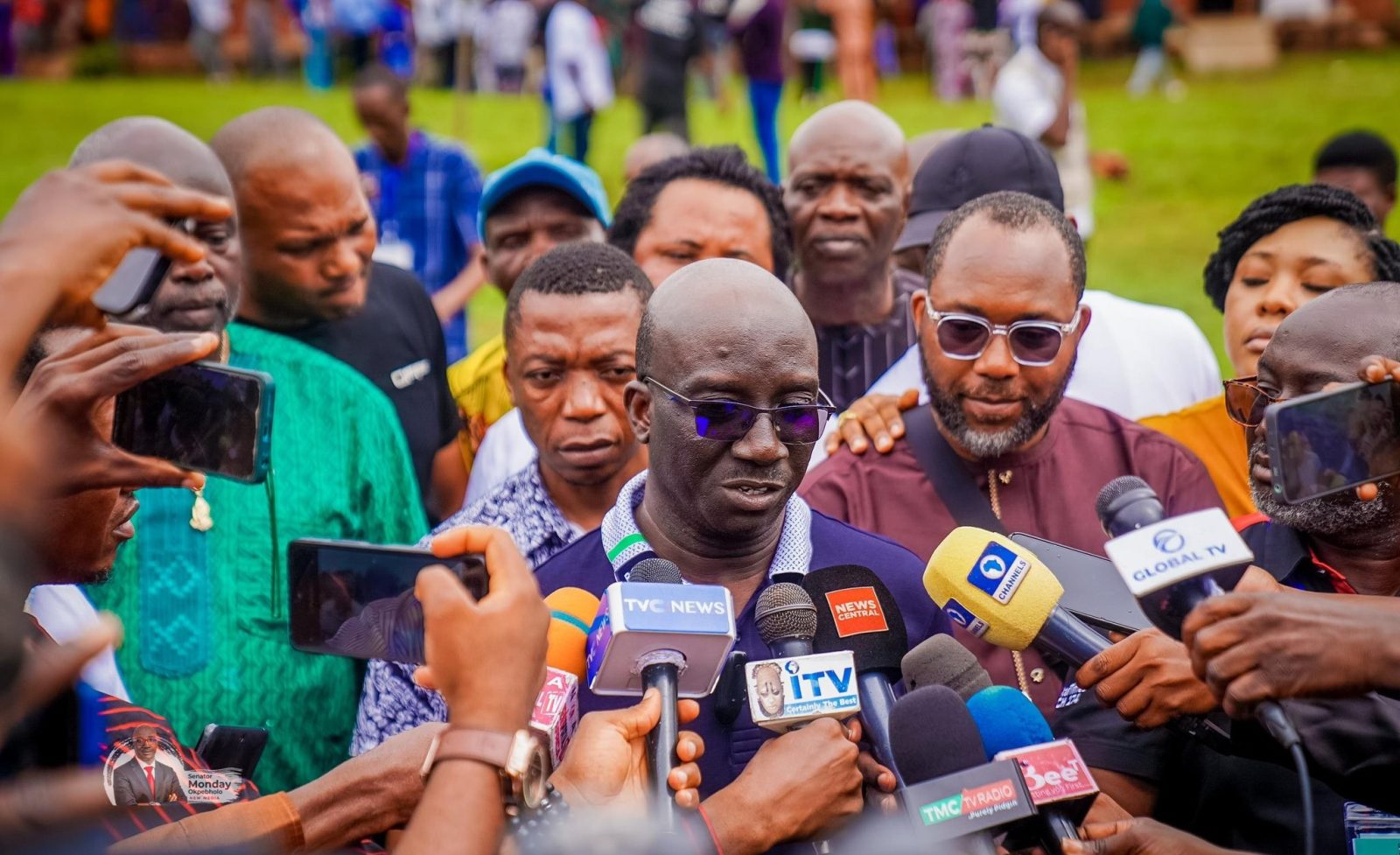The Economic Community of West African States(ECOWAS) Court of Justice has declared Kano State’s blasphemy laws incompatible with international human rights standards, specifically, freedom of expression protections.
The regional court held that key provisions of Kano State’s Penal and Sharia Penal Codes were incompatible with Nigeria’s commitments under international and regional human rights frameworks.
Persecondnews reports that the lawsuit marked ECW/CCJ/APP/41/23 was filed by the Incorporated Trustees of Expression Now Human Rights Initiative against the Federal Republic of Nigeria.
The applicant alleged that blasphemy laws have resulted in severe human rights abuses, including arbitrary arrests, prolonged detention, and, in some instances, death sentences.
The group argued that the enforcement of these laws not only infringed on the right to freedom of expression but also encouraged vigilante violence, often resulting in mob killings of alleged blasphemers.
According to a statement released by the court on Friday, “a three-member judicial panel comprising the President of the Court, Justice Ricardo Gonçalves (Presiding Judge), Justice Sengu Koroma, and Justice Dupe Atoki, in a unanimous ruling, held that two provisions — Section 210 of the Kano State Penal Code and Section 382(b) of the Kano State Sharia Penal Code Law (2000) — violated the right to freedom of expression as guaranteed under Article 9(2) of the African Charter on Human and Peoples’ Rights and Article 19 of the International Covenant on Civil and Political Rights.
“Section 210 was criticised for its vagueness, as it fails to clearly define what constitutes an insult to religion, falling short of the legal clarity required under human rights law.
“Section 382(b), which prescribes the death penalty for insulting the Prophet Muhammad, was ruled excessive and disproportionate in a democratic society.”
While acknowledging the authority of states to maintain public order and respect to religion, it noted that such interests must be balanced against individuals’ fundamental rights — a balance Kano’s laws failed to achieve.
The court, however, did not find sufficient evidence to support allegations that the Nigerian state had failed to prevent mob violence related to blasphemy accusations, stating that media reports alone did not meet the legal threshold of proof.
The court ordered the Nigerian government to repeal or amend the relevant provisions and similar laws to align with international legal standards.
The statement said: “Accordingly, the Court: Declared that it has jurisdiction to hear the case;
“Declared the application admissible only as it concerns the right to freedom of expression;
“Declared that Section 210 of the Kano State Penal Code and Section 382(b) of the Kano State Sharia Penal Code Law (2000) are incompatible with Nigeria’s obligations to protect freedom of expression;
“Ordered the Federal Republic of Nigeria to repeal or amend the identified legal provisions and similar laws to align with Article 9(2) of the African Charter.”
Persecondnews recalls that some people have been lynched over the years in Northern Nigeria states that practice Sharia law, often over allegations of blasphemy.
One notable case is Deborah Samuel Yakubu, a 19-year-old Christian student at Shehu Shagari College of Education in Sokoto, Nigeria.
She was brutally murdered by a mob of Muslim students on May 12, 2022, after being accused of blasphemy against Islam.
The incident sparked widespread outrage and debates about religious tolerance and freedom of expression in Nigeria.























Leave a comment